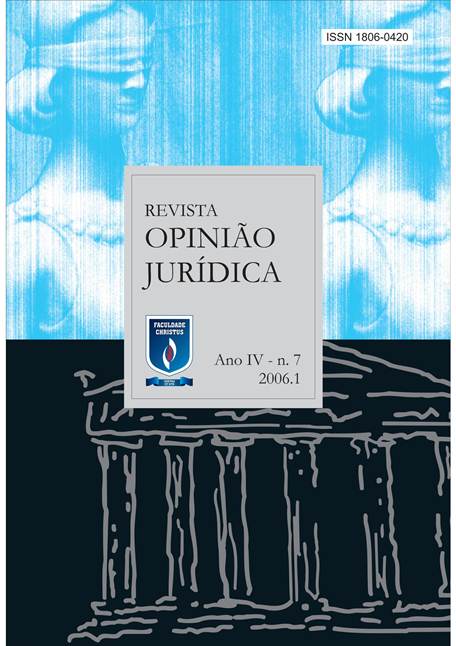O modelo de crime como ofensa ao bem jurídico. Elementos para a legitimação do direito penal secundário
DOI:
https://doi.org/10.12662/2447-6641oj.v4i7.p76-95.2006Keywords:
Bem jurídico, Direito Penal secundário, Estado Democrático e Social de Direito, CrimeAbstract
O modelo de crime como ofensa ao bem jurídico encontra no direito penal secundário (Nebenstrafrecht) um ambiente hostil, muito embora, em um aparente paradoxo, também um dos espaços de juridicidade em que mais tem a oferecer. Trata-se de uma projeção principal de base político-ideológica que reflete uma forma de pensar o direito penal e o fenômeno criminoso não só adequada, mas até mesmo intrínseca ao modelo de Estado democrático e social de Direito, e que, uma vez recepcionada constitucionalmente, quer no âmbito dos princípios, quer no âmbito das regras constitucionais, torna a ofensa a bens jurídico-penais exigência indeclinável à legitimação de todo e qualquer ilícito penal.
Downloads
Published
How to Cite
Issue
Section
License
CESSION OF COPYRIGHTS
The submission of articles to analysis for publication on Opinião Jurídica implies the author(s) transfers copyrights to Centro Universitário Christus – UNICHRISTUS for reproduction, publicizing, distribution, printing and publication, according to the Publication Norm 414R, Opin. Jur., Fortaleza, year 12, n. 16, p.1-414, Jan./Dec. 2014, costs to be bore by UNICHRISTUS, in whatever format or means that may or shall exist, in accordance to articles 49 and following of Federal Law 9.610/98.
1. In ceding copyrights, the author(s) agrees to do so in exclusivity, free of charge and for the totality of the work.
2. UNICHRISTUS may make the work, in its entirety or in parts, available for scholarly purposes, without altering its contents, except for small corrections that are deemed necessary.
3. The cession of copyrights is valid in all countries and for versions of the material in its original language or translated into a foreign language.
RESPONSIBILITY FOR THE CONTENT
By submitting an article, the author(s) declare to have sole responsibility for the content of the piece and is(are), therefore, responsible for any judicial or extrajudicial measures referring to it.
1. In case of joint authorship, all authors are considered collectively responsible, except when proved otherwise.



















